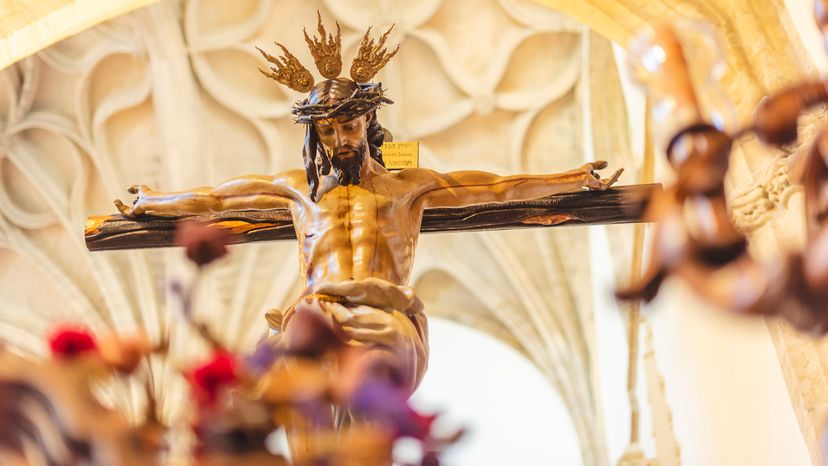
Easter is one of the most significant holidays in the Christian calendar, marking the resurrection of Jesus Christ and affirming the promise of eternal life. As Christians celebrate Easter, they reflect on Christ's triumph over death and sin, a central message of the Christian gospel that has shaped faith for centuries.
As such, the spiritual meaning of Easter may hold even more value to Christians than that of Christmas.
Advertisement
Beyond its Christian meaning, Easter is also a time of joy and renewal, coinciding with the arrival of spring in many parts of the world. It symbolizes new beginnings, a powerful metaphor for the story of Jesus Christ's resurrection and the hope it brought his followers.